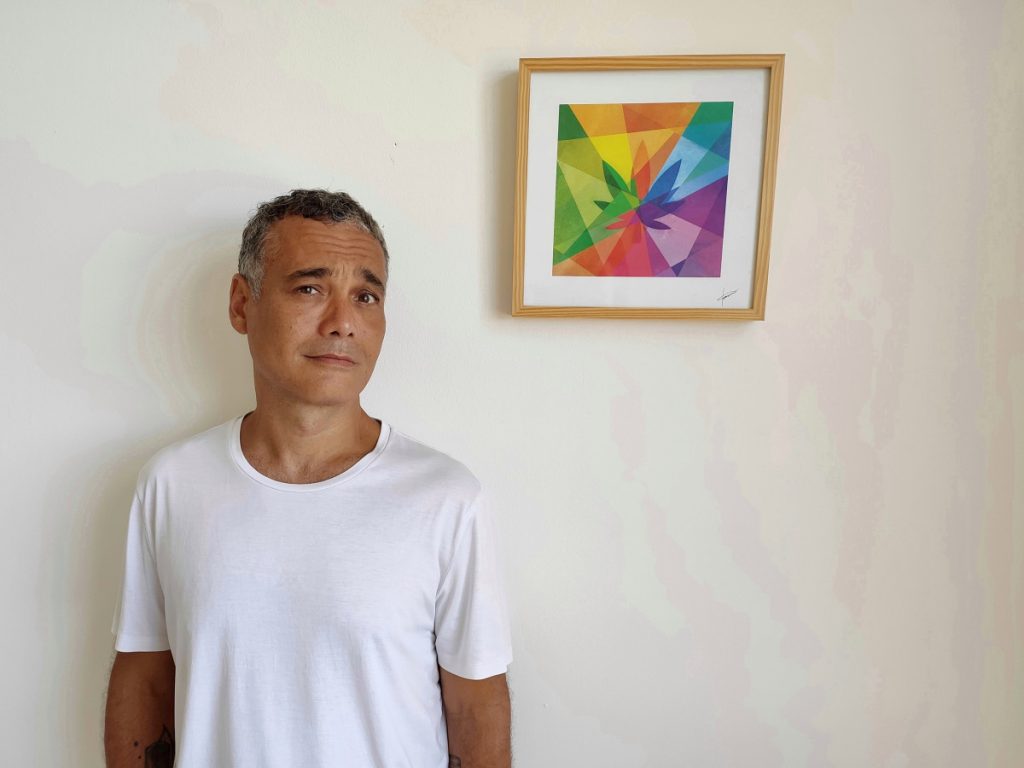Most mammals dream, but only humans can share their dreams with others. Ancient civilizations searched their dreams with intention for answers, for revelations, and for spiritual truths — an effort that Sidarta Ribeiro thinks has been abandoned in contemporary urban society.
Ribeiro, a neuroscientist, professor and researcher of sleep and dreaming, spent 19 years refining his book, The Oracle of Night: The History and Science of Dreams, which provides a comprehensive study of dreams and their deeper significance. This dream exploration and Ribeiro’s neurophysiological knowledge will inform his 10:45 a.m. lecture Tuesday, Aug. 2 in the Amphitheater.
Considering this week’s Chautauqua Lecture Series theme, “After Dark: The World of Nighttime,” dreams and dreaming had to be a topic of discussion, said Vice President and Emily and Richard Smucker Chair for Education Matt Ewalt.

“There was no one in the world better suited to help answer our biggest questions about humanity and the mysteries of dreams, and raise new questions for us to carry forward, than Sidarta Ribeiro,” Ewalt said.
Ribeiro said his talk will explore a “plausible neurobiological explanation” for spiritual beliefs around the power of dreams: that there are profound reasons for having them, that their contents are not essentially meaningless, and that the “extravagance of dreaming” is more than an “evolutionary accident.”
Cultures throughout history have perceived dreams as oracles, fonts of wisdom to reconcile the past and foresee future events. Ribeiro plans to speak about “spirituality, about the belief in gods, and how dreams may have boosted tremendously our belief in divine entities,” he said.
He presents dreams in modern life not as deterministic oracles, but as presentations of possibilities, simulating potential futures for the dreamer to consider.
“Based on yesterday,” Ribeiro said, one can posit “how tomorrow is supposed to be.”
Biomedical science has only recently acknowledged the usefulness of dreams, Ribeiro said. Research now shows that not just sleep, but dreaming with intention, is vital for cognition.
“If you dream of solving a task, you become better at solving the task,” Ribeiro said.
Ribeiro encourages the observation of dreams and keeping a dream diary to reap the oracular rewards. He advises people to absorb these words before falling asleep: “I’m going to dream, I’m going to remember. I’m going to record it.” In the morning, people should make note of every possible detail before doing anything else. It will be difficult at first, he said, but “after four or five days, you become much better.”
A crucial third stage is sharing those dreams with someone “who wants to listen, who knows you and understands your context,” Ribeiro said. “It has to be somebody who really cares.”
Having this “ability to share fears and desires,” Ribeiro said, “creates the possibility of group cohesion, uniting efforts toward a common goal, which has really made a difference” throughout humanity’s development.
Once this process becomes a habit, “it’s like putting together a puzzle. If you have many pieces in place, then you start having an idea of the whole picture. After a few weeks, you can see not only some aspects of your challenges, but the trajectory, where things are going. This really increases introspection, and is very important for psychological and emotional life, and for spirituality.”
Dreams hold within their mysteries the potential to speak for the future and reflect on the past, Ribeiro explained in The Oracle of Night.
“It is necessary to recover those dreams that are within everybody’s reach,” he wrote, “the ones we have every night but to which we pay little attention; the dreams our ancestors cultivated as oracles and which most people today ignore.”
This nearly-forgotten discipline of exploring all angles of a dream “can and should reactivate the ancestral habit of dreaming and telling,” he noted in The Oracle of Night.
“To remember dreams and to share dreams is something that is so ingrained in our bodies, it’s like breathing,” Ribeiro said, “Once you pay a little bit of attention to it, it becomes really natural.”




